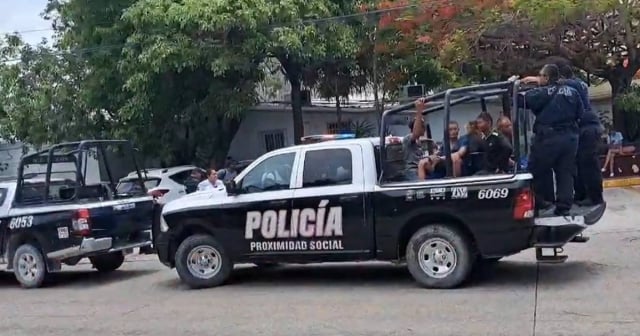The new Migration Law approved by the National Assembly of the People's Power (ANPP) of the Cuban regime allows residents abroad to maintain properties on the Island, as emphasized by First Colonel Mario Méndez Mayedo, head of the Identification, Immigration, and Foreign Affairs Directorate of the Ministry of the Interior (MININT).
In his presentation before the deputies, Méndez Mayedo emphasized that the new legal text stipulates that Cuban citizens residing abroad, in accordance with Article 58 of the Constitution, have the right to use, enjoy, and freely dispose of their property, in accordance with what is established by law.
In a socioeconomic context marked by a severe crisis and the mass exodus of over two million Cubans who, according to official figures, have traveled abroad since 2013, the members of the ANPP unanimously approved the new Migration Law that updates immigration legislation to align it with the current conditions in Cuba.
Before the vote, according to the NTV report, Deputy Yenisey González Rodríguez insisted: "It must be explained further that this draft law does not limit the exercise of property rights. Speaking in plain Cuban: They do not lose the properties they have in our country, which is one of the fundamental concerns of our population."
In general terms, the new legislation establishes that Cuban citizens have the rights set forth in the current Constitution to enter, remain, transit, and exit the national territory, in accordance with the regulations of the approved law, the Immigration Law, and its respective regulations.
According to what is stated in the Immigration Law, the 24-month stay abroad is also eliminated, along with the designation of migrant for this reason. Additionally, Cubans who remain outside of Cuba for more than 24 months will be able to inherit and maintain properties, as long as they comply with the established regulations and administrative procedures.
In this regard, the regulations that develop the legal provisions outlined in the new legislation will be key to verifying the extent of the shift implemented by the authorities of the Cuban regime, which has historically stripped Cubans of their rights and properties once they were considered emigrants.
One of the novel aspects of the text is the definition of "Effective Migratory Residency" that can be requested by those emigrants who prove "their roots in the country, through a combination of a period of stay in the national territory with other evidence or acts that demonstrate their interest in residing in it."
Another significant reform is the elimination of the 24-month limit for staying abroad without losing residency in Cuba, a measure that has been on hold since the COVID-19 pandemic. This facilitates the return to the country for those who reside abroad, without time restrictions.
The Cuban government assures that its intention with this law is to strengthen ties with its citizens residing abroad and to adopt better international practices in the care of migrants.
However, in the new regulation, there are categories such as "public interest person" and "national defense and security reasons," which the State uses to prevent opponents, independent journalists, activists, and professionals such as doctors from leaving or entering the country, designating them as "regulated."
The Ministry of the Interior, through the Directorate of Identification, Migration, Foreign Affairs, and Citizenship, will be the authority responsible for executing and controlling the migration policy. The Ministry of Foreign Affairs will take care of providing consular assistance to Cuban citizens abroad.
What do you think?
COMMENTFiled under:
